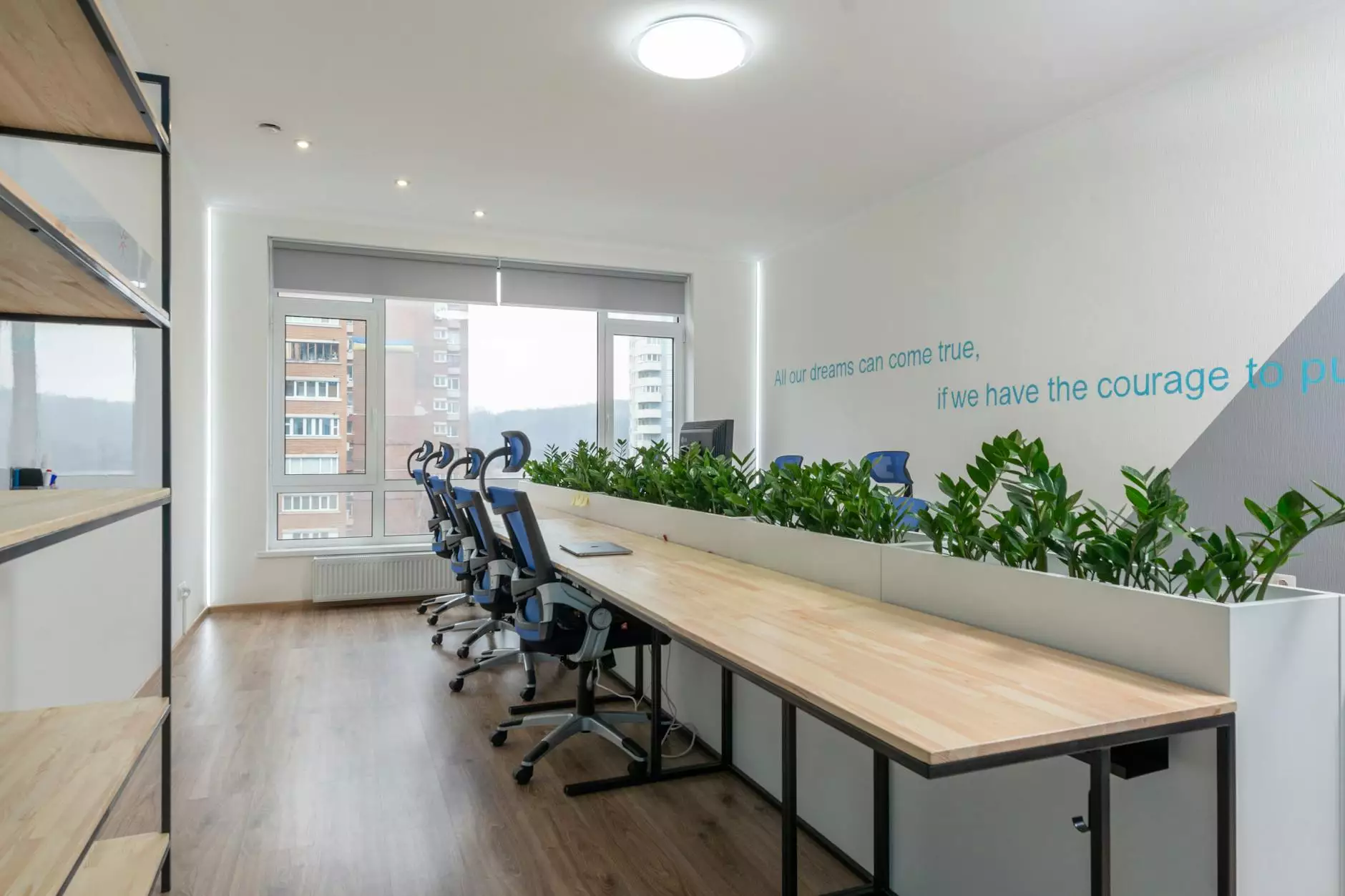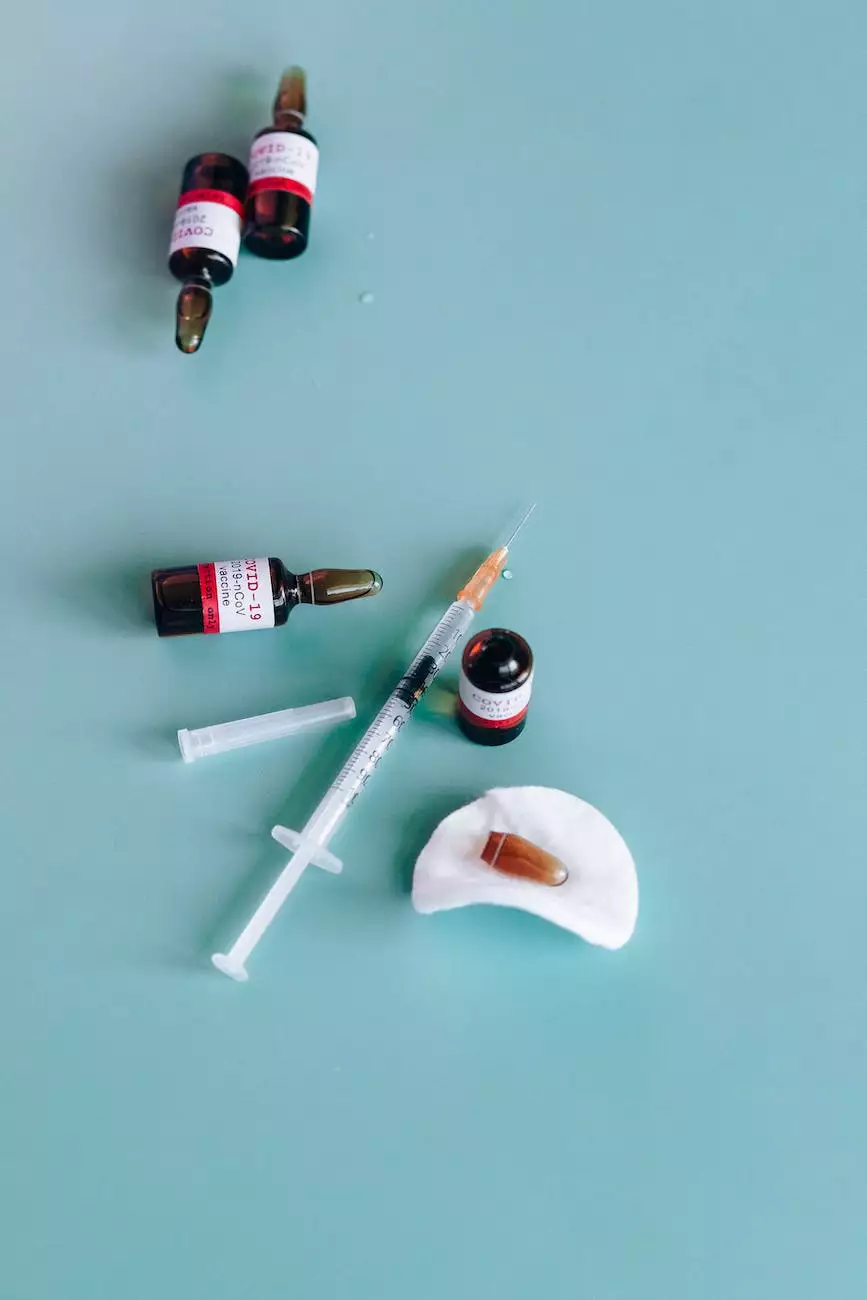Decompression Sickness (“The Bends”)
Biologic Therapies
Welcome to the information hub on decompression sickness, also known as "the bends". At Sexual Health Education & Economic Telehealth Services, we are dedicated to providing comprehensive knowledge on various health conditions to help you make informed decisions about your well-being. In this article, we will delve into the details of decompression sickness and shed light on the potential treatment options available, particularly hyperbaric oxygen therapy.
Understanding Decompression Sickness
Decompression sickness is a condition that primarily affects divers, astronauts, and individuals exposed to rapid changes in ambient pressure. The condition occurs when dissolved gases, mainly nitrogen, form bubbles within the body tissues. These bubbles can cause a range of symptoms, including joint and muscle pain, dizziness, shortness of breath, and even paralysis or death in severe cases.
The Role of Hyperbaric Oxygen Therapy
Hyperbaric oxygen therapy (HBOT) has emerged as a promising treatment option for decompression sickness. This non-invasive procedure involves breathing pure oxygen within a pressurized chamber, which helps decrease the size of the gas bubbles and improves tissue oxygenation. HBOT can effectively alleviate symptoms and accelerate the healing process.
Symptoms of Decompression Sickness
Decompression sickness can manifest in various ways depending on the affected body systems. Common symptoms include:
- Joint and Muscle Pain: Divers may experience acute pain and discomfort in their joints and muscles, often resembling arthritis.
- Neurological Symptoms: These can range from dizziness and confusion to sensory changes and even loss of consciousness.
- Respiratory Issues: Decompression sickness may lead to breathing difficulties, chest pain, and coughing.
- Cardiovascular Problems: In severe cases, individuals may experience an irregular heartbeat, low blood pressure, or cardiac arrest.
Causes and Risk Factors
Decompression sickness most commonly occurs when divers ascend too rapidly from a deep dive, allowing nitrogen to form bubbles within their body tissues. However, other activities, such as high-altitude flying, can also contribute to its development. Risk factors for decompression sickness include:
- Rapid Ascent: Ascending too quickly increases the likelihood of developing decompression sickness.
- Repeated Dives: Multiple dives within a short period of time can elevate the risk of experiencing symptoms.
- High Altitude: Activities at high altitudes, like mountaineering or flying, can affect the body's ability to adapt to pressure changes.
Prevention Methods
Preventing decompression sickness involves implementing various precautions to minimize the risk. These preventive measures include:
- Safe Ascent Rates: Adhering to recommended ascent rates while diving and allowing for necessary decompression stops.
- Proper Dive Planning: Mapping out dive profiles and adjusting accordingly to limit exposure to high-pressure environments.
- Repetitive Dive Guidelines: Following suitable surface intervals between dives to allow the body to eliminate excess nitrogen.
- Physical Fitness: Maintaining a good level of physical fitness can enhance the body's ability to tolerate pressure changes.
Conclusion
In conclusion, decompression sickness is a potentially debilitating condition that requires prompt diagnosis and appropriate treatment. Hyperbaric oxygen therapy has proven beneficial in alleviating symptoms and aiding in the recovery process. By understanding the causes, symptoms, and prevention methods associated with decompression sickness, individuals can make informed decisions to protect their health and well-being.
At Sexual Health Education & Economic Telehealth Services, we are dedicated to providing reliable information on various health conditions. We believe that by empowering individuals with knowledge, we can contribute to a healthier and safer society. Feel free to explore our other resources and consult our experts for personalized advice.









